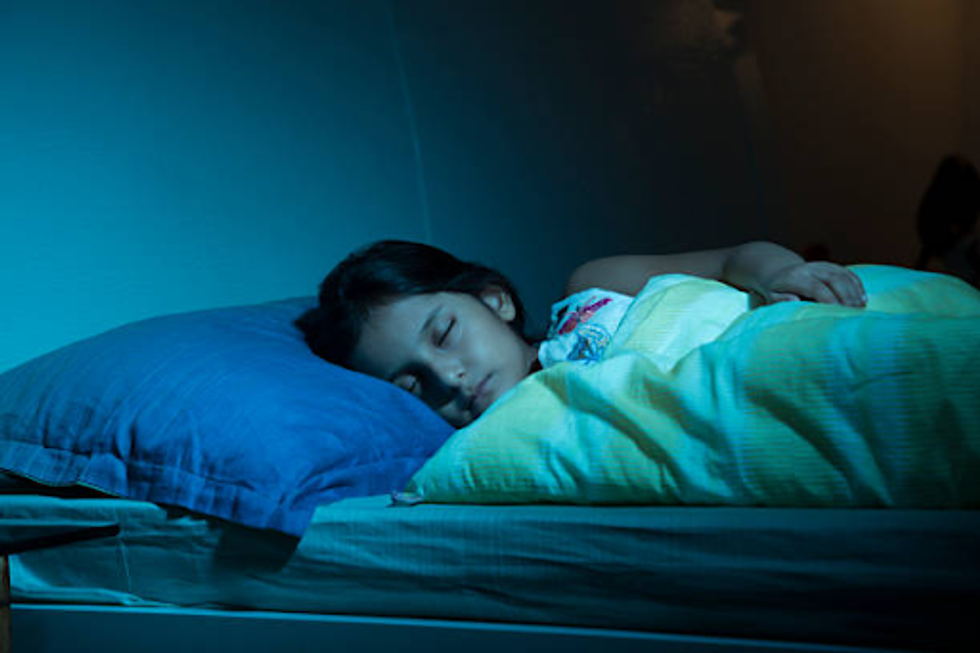In our constantly-on world, sleeping has become an indulgence. Burning the midnight oil is considered an emblem of respect for those who aren't. However, it is becoming increasingly apparent that the pendulum has been swinging between staying up and stopping.
The Problems That Arise
- A third of US adults do not get proper sleep
- If you sleep for less than 6 hours, it will be 13 % greater mortality.
- Sleep deprivation causes US companies 411 billion dollars every year.
The Turndown Services
Startups for mattresses share a commonality. That is, they both sell sleep. The bed-in-a-box businesses started with mattresses, before expanding to pillows, night lights, and CBD Gummies, mindfulness startups such as Calm are currently attempting to take over the market for stories related to Sleep. Whether you sleep or have an extra mattress delivered to your doorstep, the rise in these sectors has confirmed and expanded the sleep economy. These mattresses can be rotated as per convenience as well.
The Economy Of Sleep
From elixirs for sleep and bed tracking technology, sleep aids earned $69.5B in 2017. In 2023, the number is predicted to reach 111 billion dollars.
Looking around, The sleep economy is broken into three distinct categories: ambient modification (bedding lighting, heating, and lighting) as well as routine modification (think sleep monitoring or meditation apps) and treatments (like the prescription or non-prescription medications and sleep apnea machines).
The Sleep Sack
Beyond DTC mattresses and Casper's disappointing IPO, sleep-focused products and companies are transforming the sleep stack.
Smart beds: Eight Sleep's smart mattress ($70M in funding), chiliPAD's temperature-controlled mattress cover, and Beddit's under-the-mattress sleep monitor (acquired by Apple) is upgrading the regular old bed.
Wearables: The wristband-watched tracker from WHOOP ($100M of funding) and the OURA Ring ($20M), as well as the Dream headband ($57M) and newcomers such as Beddr ($5.6M), will soon be adopting the approach of using data for improving Sleep.
Beds: Boll and Branch have raised $100M to purchase sustainably sourced sheets. Parachute earned $45M from bedding essentials. As for sleep accessories, such as weighted blankets, ostrich pillows, and weighted blankets have generated millions of dollars in sales.
Consumables: Melatonin could be a 2 billion dollar market in 2024. In the past, Remrise raised $8M for herbal sleep aids. Supplement manufacturers such as Vital Proteins, The Nue Co., along Moon Juice are using potential ingredients in their blends to improve sleep.
Applications: Calm and Headspace want to dominate the market; however, Sleep Cycle, Pzizz, and Pillow are running after them. Also, the searches on "sleep app" exceed those for "meditation app," so expect the competition to grow.
Therapy: medical devices are growing in popularity alongside the market for Sleep. Take note of Philips Respironics and ResMed, among other companies worth billions of dollars within the field.
Sleep Score
The bed or mattress is an innovative piece of furniture. Wearables are a must. Fitbit tracks sleep stages and duration. In the meantime, Motiv and Oura have created rings that monitor comprehensive health data. Oura provides a deeper analysis of sleep, including the total amount of sleep, the performance of sleep latency and heart rate variability, and much more.
Instead of just tracking activity, WHOOP measures Recovery, Strain, and Sleep to measure "personal readiness to perform each day." In particular, by analyzing heart rate fluctuation and resting heart rate and sleep patterns, WHOOP gives users an orange, green or red score every day. Here's where things start to get exciting.
It doesn't matter if it's professional athletes, venture capitalists, or weekend warriors WHOOP members who are posting pictures of their recovery scores on social media. The aim is to remain within the optimal green zone, and posting your recovery score is a way to show that you got 8 or 9 hours the night before and to get you a proper sleep schedule.
This story explains why WHOOP is succeeding, at the very least, in an extremely competitive class. They're replacing the bluster about how much they sleep by sharing proof on social media that you're asleep. This is a sign of the larger trend and explains why we're spending billions on Sleep: it's become an advantage in daily life, and damn do we want to be a winner.
Finally, Is Sleep A Service?
Sleeping in isn't an alternative. Now that the psychological, physical, economic, and mental consequences of sleeping less are evident, sleep is finally receiving the respect it deserves.
In the quest for ways to improve and optimize their sleep, the development of new products, technology and companies will help fuel the billion-dollar industry of sleep. In the same way and perhaps more intriguingly, the shift in the culture towards a less frantic lifestyle and a feeling of work-life balance can help create a culture of rest.
Although employers have always been apathetic about corporate wellness, the issue of psychological health has made corporate America the center of attention for dealing with burnout, stress, and depression. Also, as sleeping insufficiently is shown to be harmful to your bottom line creating a culture that prioritizes sleep can prove to be a beneficial investment.
One thing to note is that you can expect to learn more about sleep issues as a business concern. Two, whether you begin, invest in, or move to sleep-as-a-services for your employer, The iron will be hot.






















